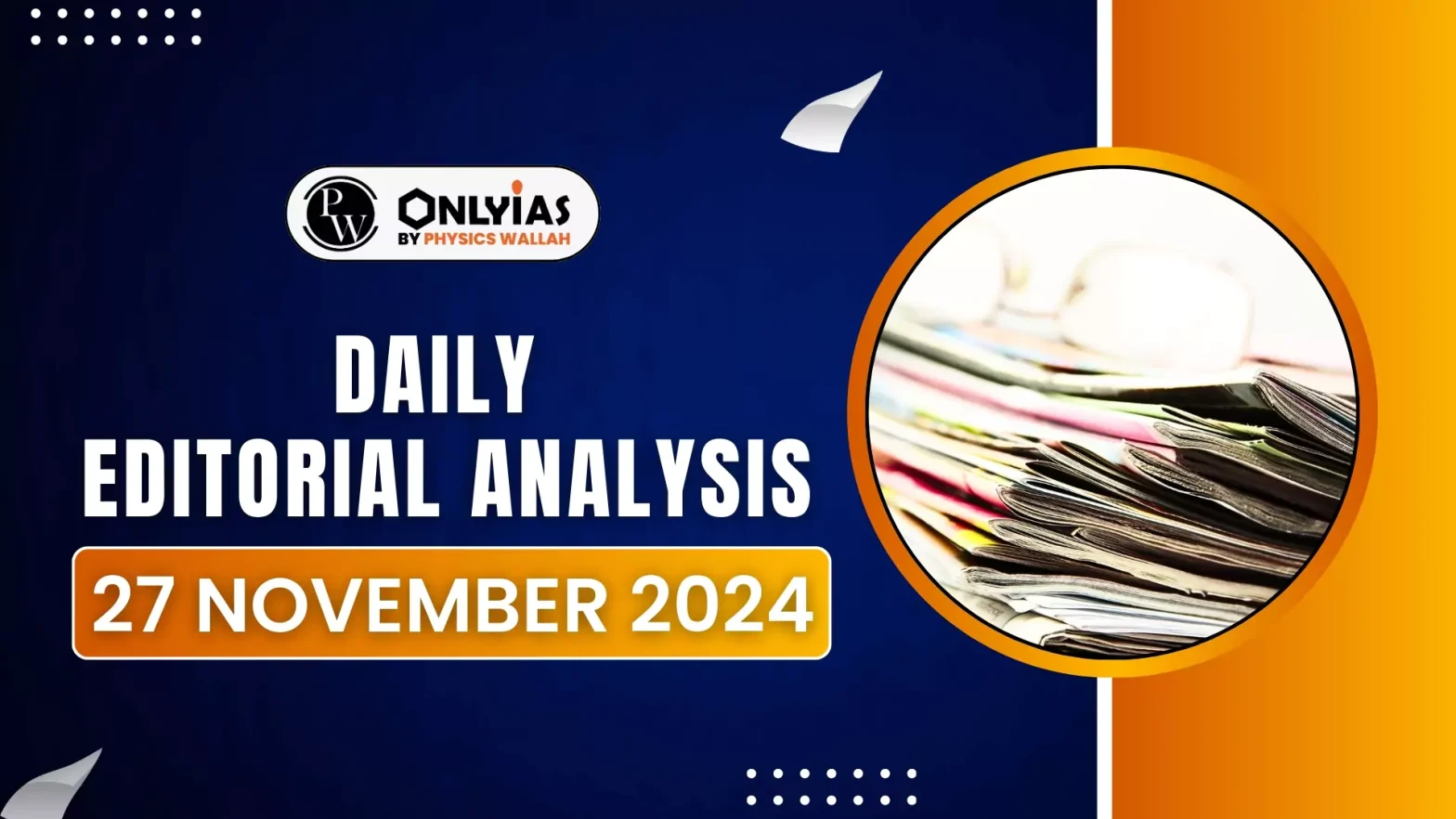The Supreme Court of India recently upheld the inclusion of “secular” and “socialist” in the Preamble, dismissing writ petitions from 2020 that challenged these terms, 44 years after their addition in the 42nd Amendment.
Vision of the Preamble
- The Preamble of the Indian Constitution serves as its identity card, encapsulating the core values and philosophy of the document.
- It outlines the vision and objectives of the Indian state, offering a guiding framework for interpretation of the constitution as well.
- Although not a justiciable part of the Constitution, the Preamble provides a clear direction for understanding the essence and aspirations of the document.
Enroll now for UPSC Online Course
Original Preamble
- The original Preamble, adopted in 1949, did not explicitly mention the terms ‘secular’ and ‘socialist.’
- The Constitution’s framers believed that the essence of secularism was already embedded in the broader framework.
- Secularism was understood as the principle of equality before the law, equal treatment of all sections, and the protection of religious freedoms.
- These values were reflected in fundamental rights such as the freedom to profess, practice, and propagate religion (Article 25), along with provisions ensuring the equality of all citizens (Articles 14-16).
- Articles 38 and 39 further reinforced the need for the state to work toward redistribution of wealth and addressing social inequalities, principles consistent with a secular and socialist framework.
Inclusion of ‘Secular’ and ‘Socialist’
- The terms ‘secular’ and ‘socialist’ were added through the 42nd Amendment to the Constitution in 1976 during the Emergency imposed by then-Prime Minister Indira Gandhi’s government.
Petition Challenging the 42nd Amendment
- In 2020, a petition was filed questioning the inclusion of the terms ‘secular’ and ‘socialist’ in the Preamble.
- The petitioners argued that these terms were added during the Emergency, a period when parliamentary autonomy was allegedly compromised, and that their inclusion lacked democratic legitimacy.
Legal and Judicial Interpretations
- In the S.R. Bommai case (1994), the Supreme Court ruled that secularism is a basic feature of the Indian Constitution, establishing it as an integral and non-negotiable aspect of the Indian state.
- Secularism, as defined by the Court, entails the equal treatment of all religious communities by the state, ensuring that no religion is favored or penalized.
- This interpretation stresses the need for the state to remain neutral with respect to religion.
- The Court emphasized that in India, secularism is not about the state opposing or promoting any particular religion, but rather ensuring that all religions are treated equally, which aligns with the vision of the Constitution’s framers.
- The Supreme Court rejected the argument that these terms were added in an undemocratic context during the Emergency.
- The Court noted that the terms were debated in Parliament following the Emergency period and were retained, thereby affirming that their inclusion in the Preamble had parliamentary legitimacy.
Check Out UPSC Modules From PW Store
Relevance Today
- The terms ‘socialist’ and ‘secular’ in the Preamble retain the same significance today as they did at the time of their inclusion.
- As India remains a multi-religious society, the need for religious rights and freedoms for all citizens is still paramount, and these values continue to hold true in the present context.
- The Court’s interpretation also emphasises that economic inequality and social justice are ongoing challenges in India.
- The ideals of socialism, as reflected in the Constitution, remain highly relevant in addressing these issues today.
Conclusion
As the Constitution completes 75 years of existence, the Court’s decision serves as a timely reminder of these fundamental attributes, emphasizing India’s commitment to equality, justice, and secularism.
![]() 27 Nov 2024
27 Nov 2024
